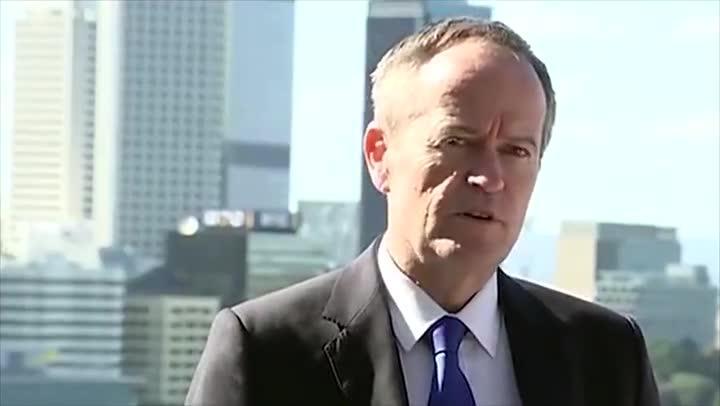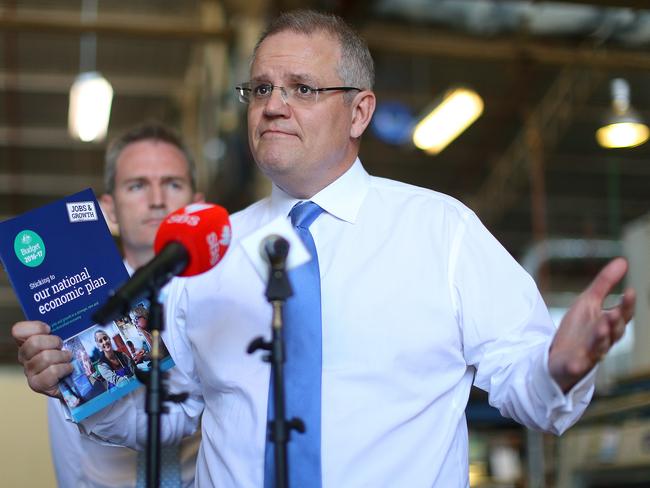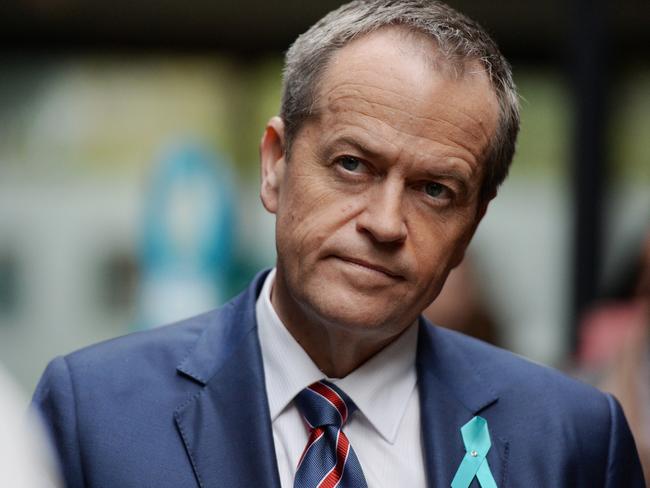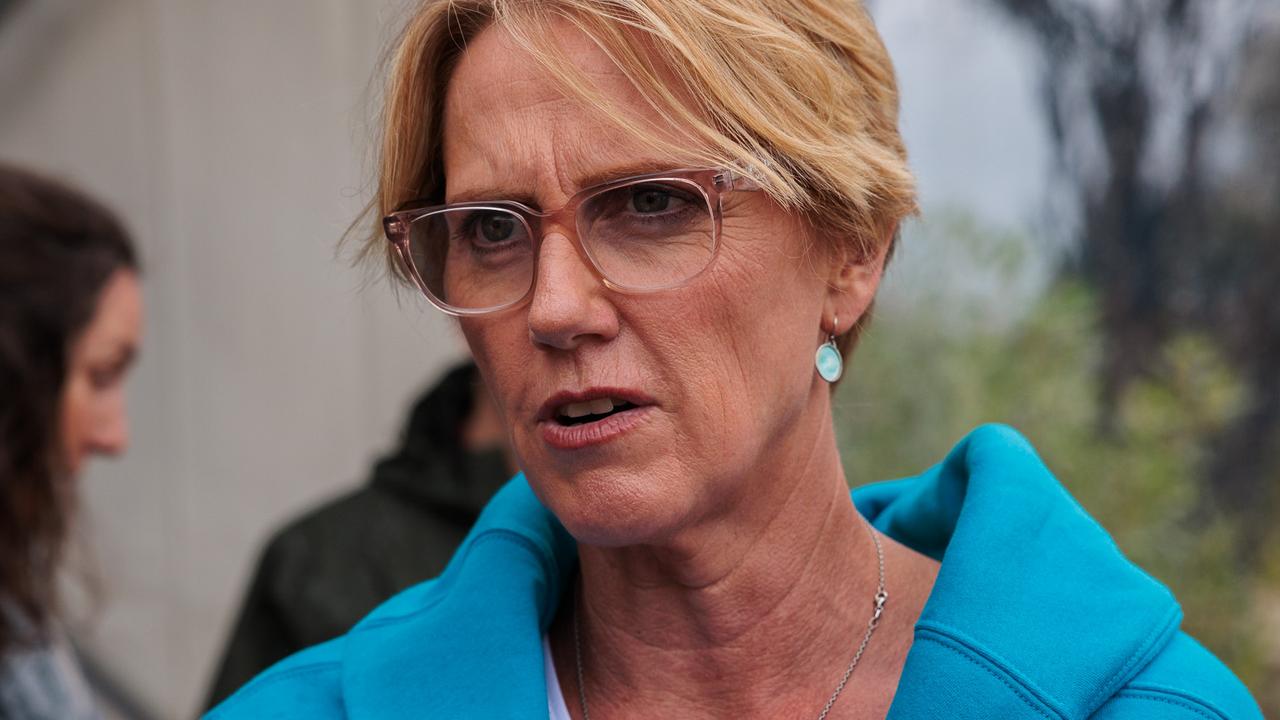Government exploits voter concern that while they like his policy promises they doubt Shorten could pay for them
ANOTHER day, another billion dollars pledged. The only problem is, voters don’t believe a single word of it.

Federal Election
Don't miss out on the headlines from Federal Election. Followed categories will be added to My News.
ANALYSIS
THE Liberals will be delighted if debate over the final five weeks of the election campaign is whether Labor has over-promised by $67 billion or perhaps $35 billion.
The sums don’t matter because the election strategy adds up.
And Labor can’t ignore the challenge, which was issued in heavy-handed and remarkably inept fashion by the government yesterday.
The government is exploiting a concern in the electorate, uncovered by its research, that a significant number of voters don’t believe a Labor government would have the money to deliver what has been pledged.
It’s not that extra spending on education and Medicare isn’t being applauded. That commendation is being neutralised — or worse — by the expectation those boosts will be unaffordable.

When Treasurer Scott Morrison finished his mouth-frothing tirade against the cost of Labor spending commitments, the Liberals fired off a 28-second video advertisement summing up the theme.
It didn’t mention Mr Morrison had miscalculated Labor’s foreign aid commitment by $18 billion. Voters were looking elsewhere. All up, he has slip-ups totalling $32 billion, reducing his initial figure of unfunded promises from $67 billion to $35 billion.
But the ad hit the point many voters were aware of.
It featured Labor leader Bill Shorten and deputy Tanya Plibersek announcing projects. At each announcement the audio was taken over by “ca-ching”, the universal sound effect for a cash register in operation, and money being taken from it.
It finished with Mr Shorten jokingly referring to the “spend-o-meter”.
The Liberals are reshaping an ancient and effective attack slogan: Where’s the money coming from?

Labor argues the Coalition is promising to spend just as much, but on tax cuts for big business and not on basic family expenses such as health and schooling.
But voters retain doubts as to whether the ALP could do what it says. Not many voters — perfectly understandably — can comprehend the massive sums and timescales the debate ostensibly is about. But they do know who they trust with the economy.
Finance Minister Mathias Cormann maintained that Coalition line today, but in praising Liberal policies referred to Bill Shorten instead of Malcolm Turnbull. It was a slip of the tongue Labor delighted in highlighting.
Mr Shorten said today on Senator Cormann: “When you spend every day talking about your opponents, I suspect this is the sort of mistake you make.”
He said the Finance Minister, who stood alongside Mr Morrison yesterday, might “still rattled after yesterday”.
Originally published as Government exploits voter concern that while they like his policy promises they doubt Shorten could pay for them


